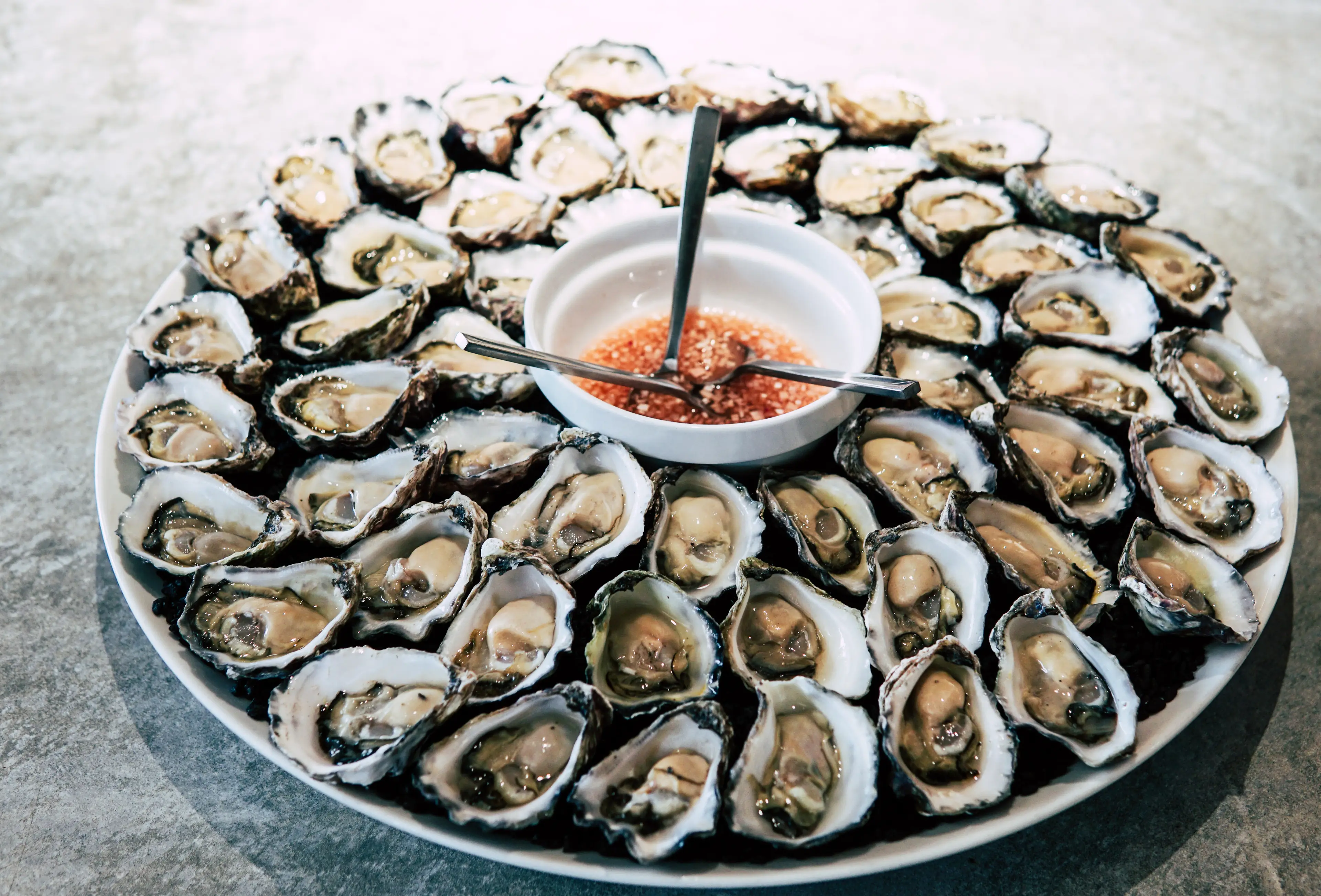
When you think of a vegan’s staple diet, you think plant-based. Well, some are arguing that there is an interesting exception to the rules – and that is oysters.
Stick with us here.
According to The Vegan Society, vegan is a person who avoids 'all animal foods such as meat (including fish, shellfish and insects), dairy, eggs and honey – as well as avoiding animal-derived materials, products tested on animals and places that use animals for entertainment'.

Advert
However, there are some exceptions to the rules.
Much like honey, the conversation around oysters is a tricky one with a clear divide in the community about whether it’s animal protein or technically plant.
While there are some vegans who eat shellfish, known as ostrovegans, this is a different argument between plant-based eaters.
You see, biology suggests that oysters (bivalve molluscs) are the functional equivalent of plants as they can’t move on their own nor have a central nervous system or brain, which casts their ability to think and feel into doubt, WBUR reports.
However, it’s not 100 percent certain that they can’t feel pain in some way we don’t understand - much like plants.
Vegan philosopher Peter Singer, founding guru of the animal welfare movement in the 1970s, initially endorsed eating oysters in his book Animal Liberation.
However, he later retracted his endorsement, on the grounds that the science of their freedom-from-pain can’t be tested, writing: "One cannot with any confidence say that these creatures do feel pain, so one can equally have little confidence in saying that they do not feel pain."

Although shellfish might not have brains in the same way as other mammals, they have some organs comparable to humans. Notably, they have a heart and kidneys but beyond that, they only have ganglia and nerve cords.
Aside from the plant argument, 95 percent of oysters in the world are farmed, but the farming in question is deemed sustainable and doesn’t negatively affect the environment.
Not only that but oysters act as living water purifiers. A single oyster can filter five litres of water each hour, meaning they impact the environment positively, according to USA Today.
Related video:
Plus, it takes just an acre of underwater land to raise 750,000 of them at a time.
However, considering the definition of veganism, oysters can’t be considered vegan since they’re still living organisms.
But given the facts, it’s not surprising that oysters draw a mixed response. Ultimately, it’s down to the individual.
Topics: Food and Drink, Vegan, News
